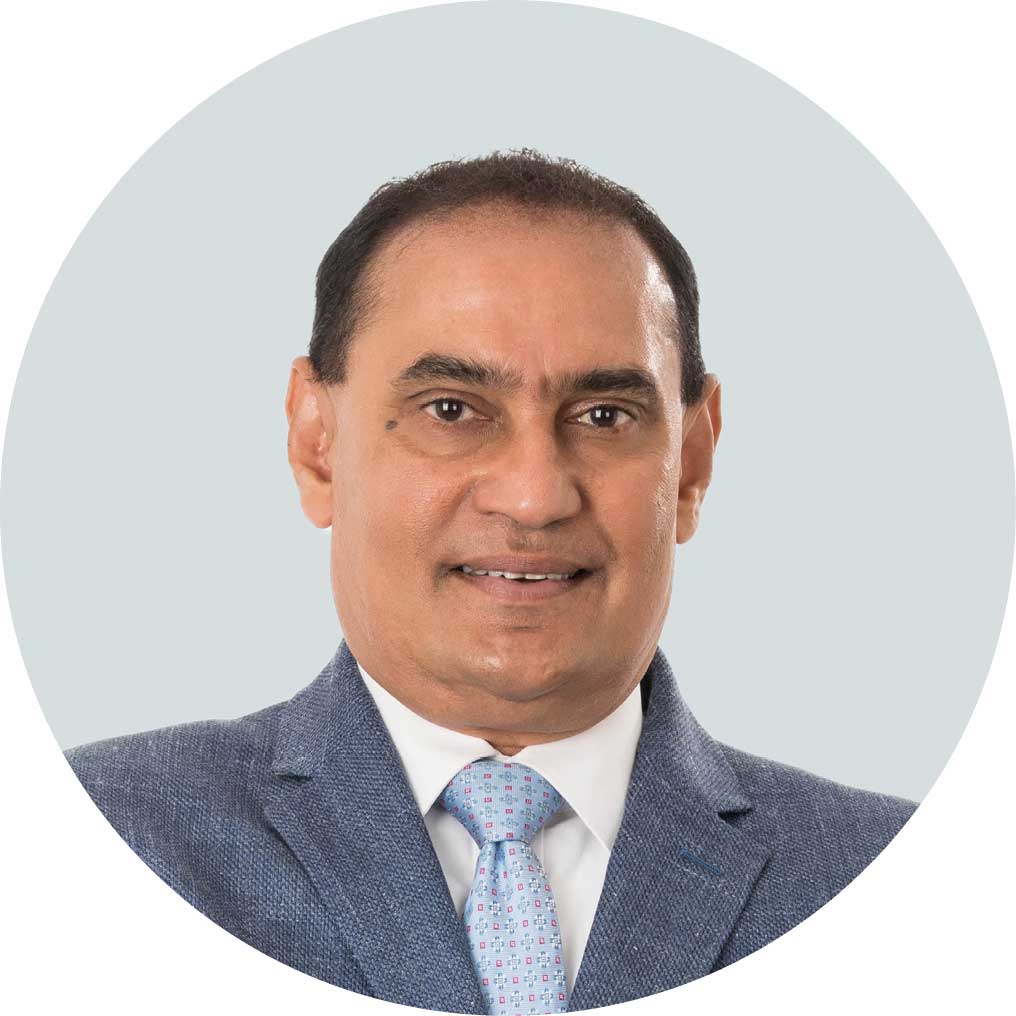EXPEDITE THE FUTURE
Thinking beyond boundaries
Prof. Lalith Gamage
Information and Communication Technology Agency
Q: In your assessment, what revolutionary strategies has the ICTA put in place to expand services to the public?
 The Information and Communication Technology Agency (ICTA) has been working on a revolutionary suite of strategies that rests on the five pillars of digital government, digital economy, digital laws and policies, digital services, and its own operational structure geared at increasing efficacy, efficiency, accountability and transparency across the board.
The Information and Communication Technology Agency (ICTA) has been working on a revolutionary suite of strategies that rests on the five pillars of digital government, digital economy, digital laws and policies, digital services, and its own operational structure geared at increasing efficacy, efficiency, accountability and transparency across the board.
Of particular note are our comprehensive five year digital government and digital economic strategies, which will transition the state and economy to meet objectives for a citizen centric and business friendly state and market.
We expect this to create a responsive, efficient and proactive network of services that grants the public easy access to all government services.
It is our intention to make government business friendly through the transformation of state institutions such as the Registrar of Companies, Customs and Inland Revenue Department to attract investors.
Further legislation for data protection and cybercrimes will improve business facilitation and encourage investors. In addition, technology diffusion to industries such as tourism will enable us to attract more high spending tourists.
With the key objective being reduced government wastage and improved efficiency, we set out with this strategy in mind with key elements grounded on the basic foundation of e-government architecture. The foundation layer comprises the Lanka Government Network and Lanka Government Cloud, as well as the Sri Lanka unique digital ID framework.
The latter is the most groundbreaking as every citizen and visitor to Sri Lanka will acquire a digital ID that will serve as their representation in cyberspace, with both the state as well as the private sector, for the facilitation of transactions and services. Moreover, the ownership of personal data will reside with the citizen but have several custodians such as the passport office and Department for Registration of Persons inter alia.
On top of this, we have a shared solutions layer with applications such as state payroll, human resource management, payments and procurements to improve the efficiency of all government organisations
Q: How can organisations such as ICTA ensure that losses are minimised and contribute to the nation, in your opinion?
Firstly, the rich education content we have developed must be accessible by all. Our programmes focus on rural schools to offer redress for the lack of qualified teachers as well as rural healthcare and hospital transformation.
The distribution of welfare and Samurdhi, and automation of courts with a common access layer available to everyone, is an intangible albeit important process through which ICTA intends to contribute to the nation.
We would also look to the development of the IT industry itself, which exports US$ 1 billion a year – and we would like to increase this threefold in four years.
 Additionally, we hope to attract foreign direct investment (FDI) to the IT industry and increase revenue streams while also promoting the startup ecosystem. ICTA is cognisant of the fact that the protection of IT intellectual properties is vital so that they’re sold in Sri Lanka rather than overseas.
Additionally, we hope to attract foreign direct investment (FDI) to the IT industry and increase revenue streams while also promoting the startup ecosystem. ICTA is cognisant of the fact that the protection of IT intellectual properties is vital so that they’re sold in Sri Lanka rather than overseas.
Lastly, we hope to enhance the diffusion of technology to other industries especially in regard to exports. By infusing technology to these local industries, we hope to make them competitive in the global marketplace, and diversify and broaden the export basket.
For example, in agricultural exports, yield, efficacy and efficiency can all be improved through IT diffusion in the industry. This will occur through regional clusters with an educational institute in close proximity to a technology diffusion cell that can identify tech requirements to enhance products and services in these areas.



